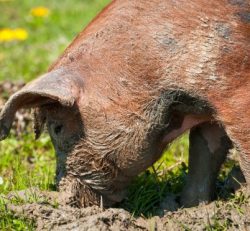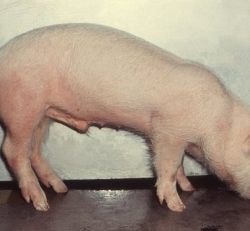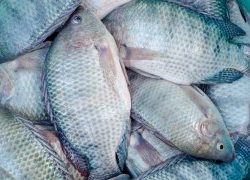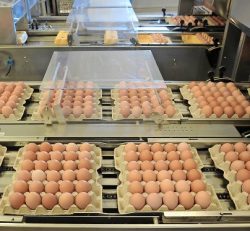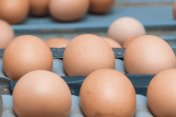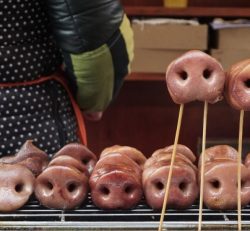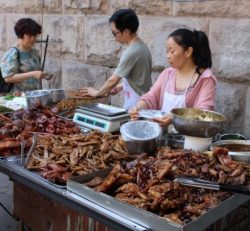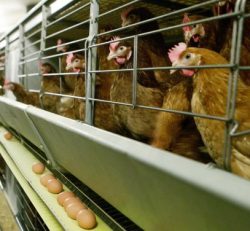CHINA AND US BATTLE ON IMPORT DUTIES: THE EFFECTS
A 25% duty on US soybeans is not yet a given, but the implications would be severe. This is according to a new report by Rabobank.
Since March of this year, the United States and China seem to be in a tariff fight. On March 22, the US imposed duties on Chinese products, including 25% on steel. Since then, China has threatened the US with the imposition of import duties on their agricultural products, including pork and soybeans. China said it plans to add an additional 25% duty on 106 US products, including soybeans, cotton, sorghum, wheat, beef, and corn. The current trade imbalance is considerably in China’s favour: exports to the US are valued at 505 billion US dollars per year, nearly 4 times the 130 billion US dollars in US exports to China. If all proposed duties took effect, 40% of the US exports to China would be affected, but only 10% of China’s exports to the US.
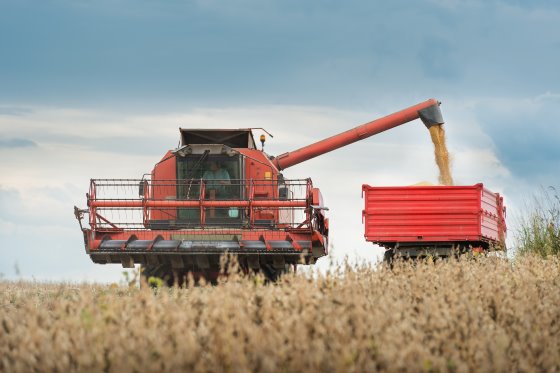
Dependence on US soybeans
What will be the effect on soybean imports and the global soybean markets? China currently imports 97 million tonnes of soybeans per year. Of this volume, 39% comes from the US, 49% from Brazil and 9% from Argentina. So, China is quite dependent on the US imports. According to Rabobank, supplying China solely with soybeans from countries other than the US won’t be easy. In 2018, Brazil has limited room to increase soybean exports significantly, while Argentina’s crop is drought-reduced and Argentina typically exports soy meal rather than soybeans.
Effects for multiple countries
Rabobank lists a number of effects for soybean producing countries all over the world, when China decides to go ahead with the additional duties on soybean imports. For China, an additional 25% duty on US soybeans will increase domestic soybean prices and thus also the prices of soy oil and soymeal. It is expected that due to this, less soybeans will be imported in the coming years, against a forecasted increase of and imports of substitutes like canola. It is expected that US soybean prices will fall, to compensate for an additional 25% in duties from China. At the same time, Rabobank expects that South American soybean exports to China will rise considerably, hence boosting prices. The higher soybean prices in South America will have an effect on Europe and South East Asia. Higher soymeal prices will cut livestock margins in these regions, although EU pork exports will benefit from replacing US exports to China as duties on US pork are implemented.
Long term implications
In the report, Rabobank writes that the long-term implications (if Chinese duties remain in place for multiple years) could lead to a reduction of soybean acreage/production in the US and expansion in South America, China, EU. The soybean crush capacity will be expanded in the US, EU, and South East Asia, against limited growth in South America, and cuts in China. The pressure on soybean meal and the higher prices will boost alternatives and it is expected that Canadian and Australian canola production and exports will be boosted.
Source: Rabobank
(www.allaboutfeed.net)


